Penn GSE News Archive
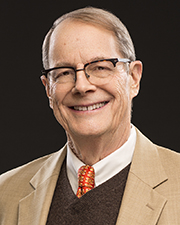
Miles to go: The continuing quest for gender equity in the classroom
Peter Kuriloff writes about how gender-conscious teaching can help dismantle bias and foster gender equity in the classroom.
Race & racism are not 'merely curricular topics'
Ali Michael contributes to a response on the biggest mistakes teachers make when addressing issues of race and racism in the classroom.
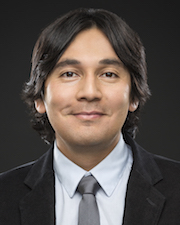
Geographical bias in testing: Is cultural bias a problem of the past or are we simply not looking in the right space?
Manuel González Canché discusses the problem of cultural and geographical biases in standardized college admissions tests.
Easing the transition: 3 pieces of advice for supporting first-generation or underrepresented students on your campus
Andrew Martinez offers guidance on how administrators, faculty, and peers can help cultivate a positive transition for first-generation students entering college or graduate school.
MasterClass has celebrity instructors and $136 million. Will students show up?
A Penn AHEAD study on enrollment and completion of Massive Open Online Courses (MOOCs) is cited in a commentary on the online education platform MasterClass, which recently received an influx of investment funding.
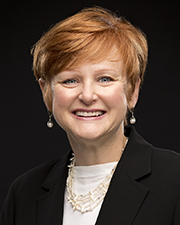
After years of watching top students leave for other states, U. of I. and lawmakers begin to respond
Joni Finney comments on new public policy initiatives in Illinois to increase college affordability and bolster need-based financial aid programs, with the aim of reducing brain drain from the state.
Suspensions really do hurt students academically, new studies confirm, but maybe less than previously thought
Matthew Steinberg is cited for his recently published research on the relationship between suspensions and student test scores in Philadelphia district schools.

How artificial intelligence is changing teaching
Ryan Baker and Valerie Ross of the School of Arts and Sciences discussed the benefits and challenges of using AI in the classroom.
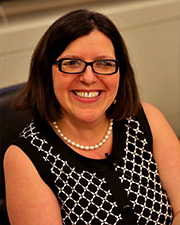
When a white woman from Old City wears a Black Lives Matter T-shirt in Cherry Hill
Marybeth Gasman wrote a viral Facebook post about her experience wearing a Black Lives Matter T-shirt in public.
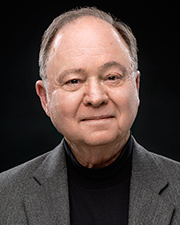
Panicked universities in search of students are adding thousands of new majors
Robert Zemsky cautions that universities and colleges are stretching their already-thin resources by rushing to add new majors in reaction to declining enrollments.
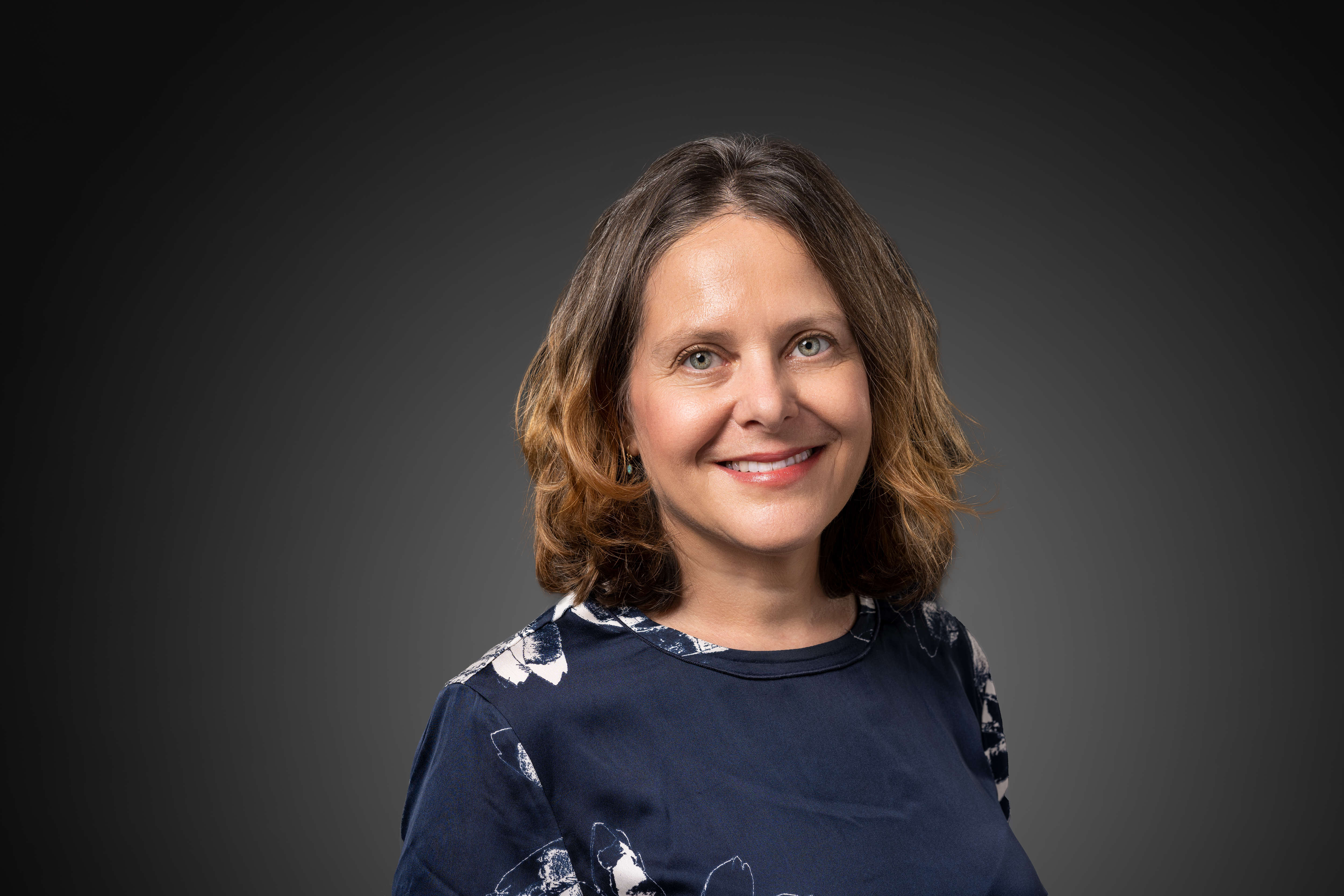
Not merely free speech, but better speech needs to be protected on campus
Sigal Ben-Porath was cited for her concept of “inclusive freedom,” which joins a commitment to free speech with the belief that all people should have the chance to participate in free expression and learning.
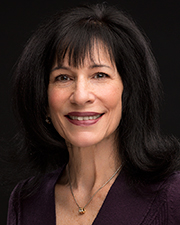
LeBron James opened a new school that many are calling a ‘game changer’—but what do educators really think?
Linda Leibowitz discussed news of LeBron James’s “I Promise School,” which aims to support students at risk of falling behind their peers.

At elite Miami private school, Black students challenge culture of racist bullying
Peter Kuriloff comments on the role of school leaders in making elite private schools more tolerant places and the importance of listening to students of color.
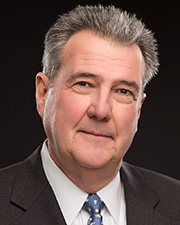
India’s slimmer excellence initiative an ‘intelligent’ approach
Alan Ruby said that the Indian government’s decision to designate just six universities as “Institutes of Eminence” was a sensible choice, which would allow them to concentrate available resources.

Report says Connecticut at risk of having unprepared future workforce
Joni Finney is interviewed on her work to improve access to higher education, and she discusses some of the challenges that states are facing.

A former drug dealer made good and became a Philly teacher. So why is he thinking of leaving the profession?
Richard Ingersoll discusses reasons why teachers—particularly teachers of color—leave the profession, citing a lack of classroom autonomy and lack of voice into schoolwide decisions.
